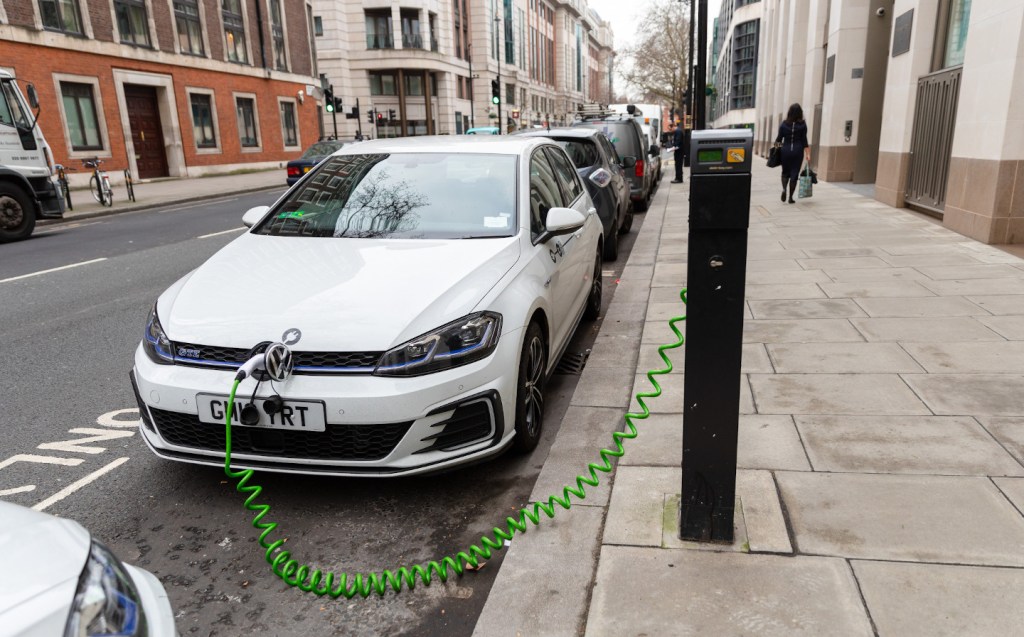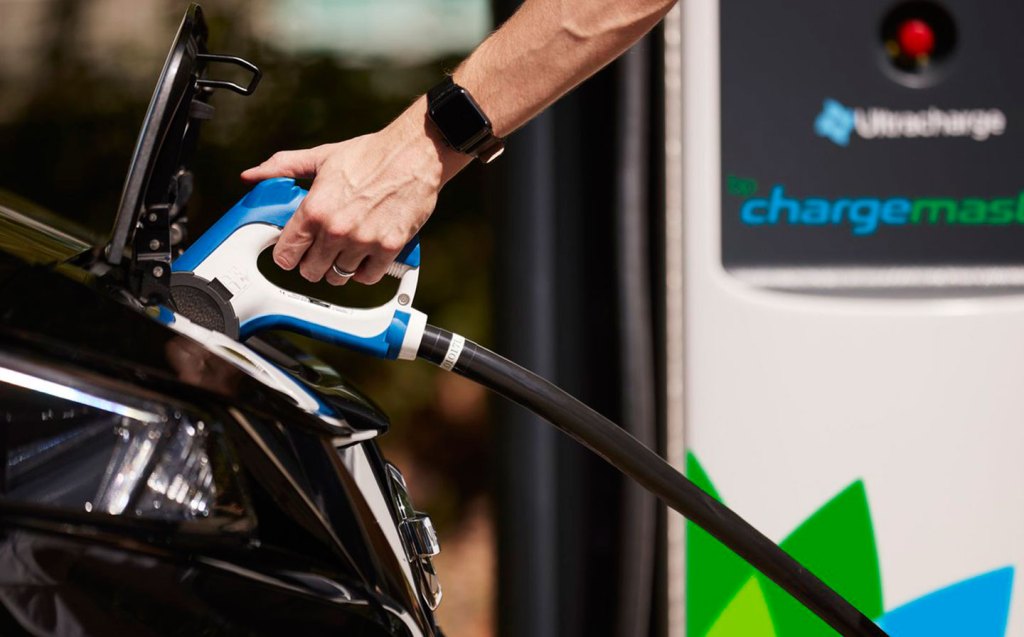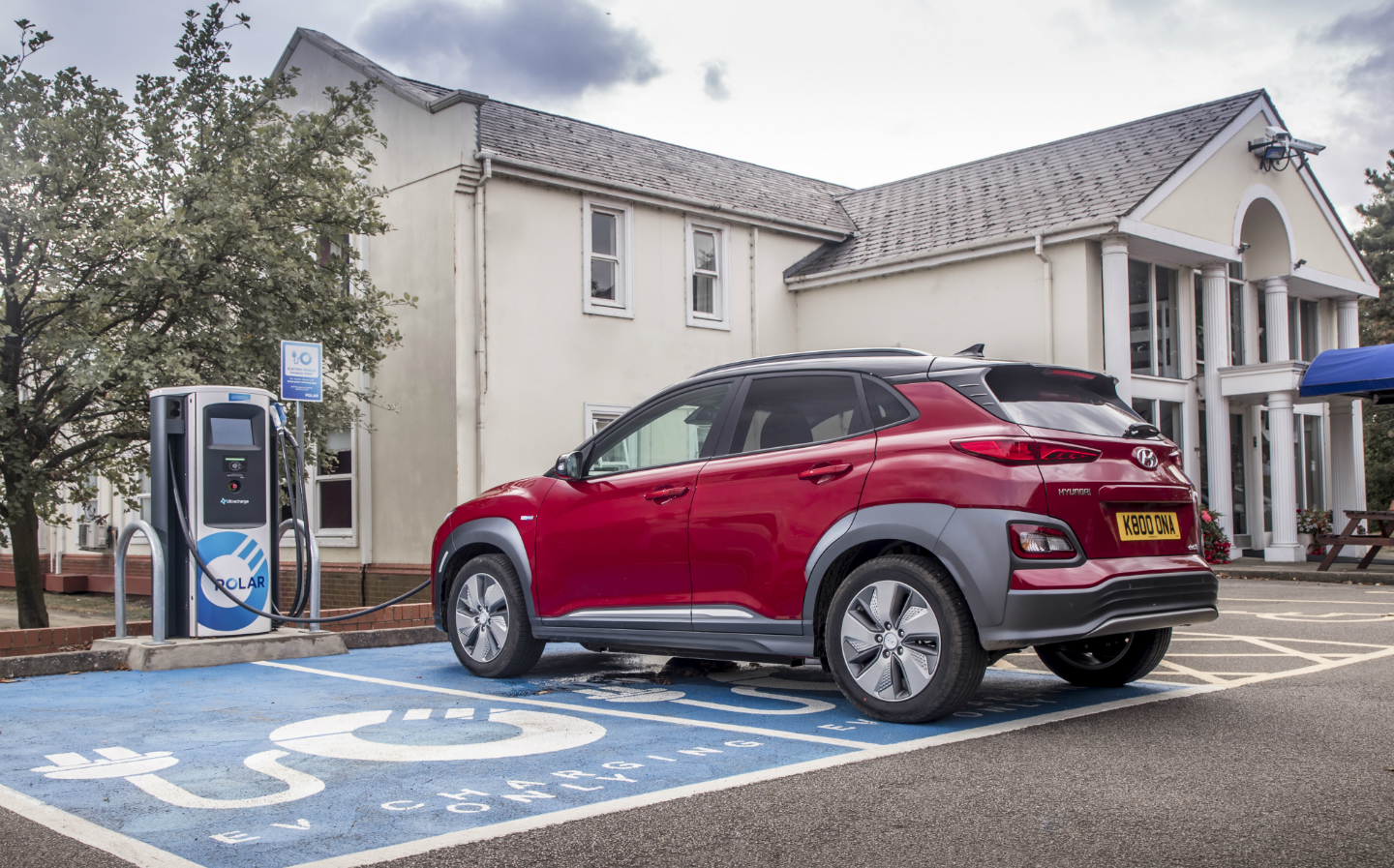Number of UK public electric car chargers passes 30,000 with 33% increase in 12 months, but coverage remains patchy
The EV charging network is growing, but remains poorly divided
New figures released by the Department for Transport show an increase of around 7,500 — or 33% — in the number of public electric vehicle chargers in the UK over the last 12 months, taking it beyond the 30,000 mark.
The DfT’s figures show 30,290 public chargers currently in operation in the UK, and, given that it sourced the data from the mapping service Zap-Map which covers 95% of UK public chargers, the actual number may be higher.
Out of that 7,500 new public chargers, 1,915 (7%) have come on stream in the last three months, and of the 7,500 total, 1,235 were rapid chargers with outputs of 25kW or more.
Despite the general nationwide increase in the number of chargers, significant regional disparities in the roll-out remain, with some areas much better served than others.
A recent study by the vehicle history checker app CarGuide.co.uk, also using Zap-Map data, showed that Milton Keynes was the place in the UK with the most public chargers per 100,000 of the local population with 137 units.
Following closely behind, Coventry has 128 chargers per 100,000 people, while in fourth place (behind Brighton), there are 110 public EV chargers for every 100,000 Londoners.

These numbers are in stark contrast to other parts of the UK, such as Bolton, with just 8.3 chargers per 100,000 people. In an ignominious second place, Walsall in the West Midlands has 8.4 chargers per 100,000 people. Those figures represent only 24 public chargers apiece for Bolton and Walsall’s respective populations of 288,248 and 286,716.
Milton Keynes’ 137 chargers per 100,000 people can be contrasted with the average of 18 public chargers per 100,000 for the whole region of Northern Ireland.
When it comes to the regional roll-out of rapid chargers, which are important for long-distance travel, the discrepancies are also vivid with Scotland’s 13.6 per 100,000 compared with Northern Ireland’s 1.3 per 100,000.
The current average number of public chargers across the UK is 45 per 100,000 people. While the number of chargers has been steadily and exponentially increasing over the past decade, it will need to expand significantly more to meet demand over the next decade in the run-up to the government’s ban on the sale of new petrol and diesel cars in 2030.
Last year, the Competition and Markets Authority (CMA) estimated that the number of public chargers will need to increase to between 280,000 and 480,000 by 2030 as the UK’s electric vehicle fleet expands.
In March, figures from the Society of Motor Manufacturers and Traders (SMMT) showed a 78.7% year-on-year increase in the number of EVs sold in the UK, with battery-electric vehicles making up 16.1% of all registrations.

“In March, 39,315 new battery electric vehicles were sold – that’s equivalent to 29% more EVs sold in one month than there are chargers across the whole of the UK,” said Joel Teague, CEO of home charger sharing app Co Charger.
“As the SMMT pointed out last month, there was one electric vehicle charger for every 16 plug-in vehicles in 2021. Now it’s half that level. On average just one charger for every 32 vehicles and in some areas of the UK, way less than that.”
Intending to address the patchwork “postcode lottery” nature of the UK’s charging infrastructure and to meet future demand, the government last month pledged an additional £500m to the Local Electric Vehicle Infrastructure (LEVI) fund. This enables local authorities to draw down funding for the installation of public charging infrastructure to increase the number of public chargers in the UK to more than 300,000 by 2030.
This pledge was in addition to the £950m set aside for the Rapid Charging Fund, the raison d’être of which is to increase the number of rapid chargers along UK motorways to more than 6,000 by 2035.
March’s extra £500m now brings to £1.6bn the funding ring-fenced to expand the national public charging infrastructure over the next decade.
Related articles
- After reading about the current state of the car charging network, you will want to read that the fuel duty cut makes road pricing ‘more urgent’
- Here are all the car makers’ electric car plans
- Or, check out the best luxury cars to buy in 2022
Latest articles
- Aston Martin Valkyrie AMR-LMH hypercar hits track ahead of 2025 Le Mans challenge

- Porsche has begun testing the electric Cayenne

- Cupra Leon 272 eHybrid 2024 review: Bigger battery, better tech … but is it a Cupra?

- Porsche 911 GTS 2024 review: Hybrid heresy or more Stuttgart genius?

- Extended test: 2023 Vauxhall Astra Sports Tourer GS PHEV






